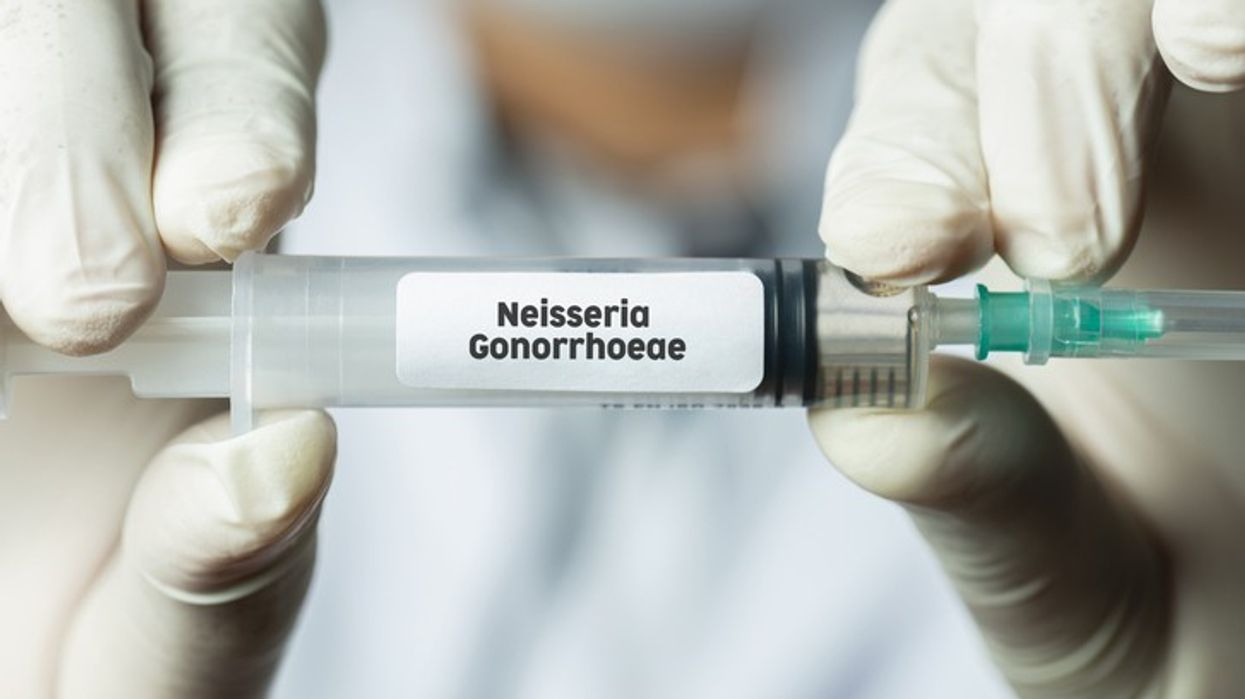England is set to become the first country in the world to introduce a national gonorrhoea vaccination programme, in a move hailed by health officials as a “landmark moment for sexual health”. The rollout will begin on 1 August 2025 and will use an existing meningitis B vaccine, known as 4CMenB, to help combat soaring cases of gonorrhoea and growing concerns over antibiotic resistance.
The sexually transmitted infection (STI) reached record levels in England in 2023, with more than 85,000 cases reported — the highest number since records began in 1918. Health experts have warned that strains of the bacteria responsible for gonorrhoea, neisseria gonorrhoeae, are becoming increasingly resistant to current treatments.
The 4CMenB vaccine is currently used in the NHS childhood immunisation programme to protect against meningococcal group B disease, which can lead to serious conditions such as meningitis and sepsis. It is routinely administered to babies at eight weeks, 16 weeks, and one year of age. The vaccine contains proteins from neisseria meningitidis, a bacterium closely related to the gonorrhoea-causing strain, and has shown moderate effectiveness against gonorrhoea in clinical studies.
Research conducted by the Joint Committee on Vaccination and Immunisation (JCVI) estimates that the 4CMenB jab could provide between 32.7% and 42% protection against gonorrhoea. While it is not expected to completely prevent infection, experts say it significantly reduces the risk and offers vital protection, particularly for groups most at risk.
Dr Amanda Doyle, national director for primary care and community services at NHS England, said: “The launch of a world-first routine vaccination for gonorrhoea is a huge step forward for sexual health. It will be crucial in protecting individuals, helping to prevent the spread of infection, and reducing the rising rates of antibiotic-resistant strains of the bacteria.”
The vaccine will be offered through local authority-commissioned sexual health services, with eligible individuals identified and contacted in the coming weeks. At their appointment, patients will also be offered vaccinations for mpox (previously known as monkeypox), human papillomavirus (HPV), and hepatitis A and B.

Gonorrhoea is currently the second most common bacterial STI in the UK. Symptoms may include green or yellow discharge from the genitals, pain while urinating, and rectal discomfort. Women may also experience lower abdominal pain or bleeding between periods. However, many people with the infection do not display any symptoms, increasing the risk of undetected transmission.
The new programme is being introduced amid warnings over rising resistance to ceftriaxone, the antibiotic most commonly used to treat gonorrhoea. In some cases, the bacteria have developed the ability to survive and multiply even after exposure to the drug. There is also growing concern about the emergence of extensively drug-resistant (XDR) strains — those which do not respond to ceftriaxone or second-line treatments.
According to the UK Health Security Agency (UKHSA), 17 cases of ceftriaxone-resistant gonorrhoea were recorded between January 2024 and March 2025, alongside nine XDR cases. This marks an increase from the five XDR cases reported between 2022 and 2023.
Dr Sema Mandal, consultant epidemiologist and deputy director at UKHSA, welcomed the vaccine rollout. “Not only will this rollout provide much-needed protection to those that need it most, but it will make the UK the first country in the world to offer this protection and a world leader in protecting people against gonorrhoea,” she said.
Health minister Ashley Dalton also urged eligible individuals to take up the offer of vaccination. “By targeting those most at risk, we can reduce transmission rates from this unpleasant disease that is becoming harder to treat and prevent thousands of cases over the next few years,” she said. “Getting vaccinated is not only about keeping yourself safe but also about helping tackle the growing threat of antibiotic resistance.”
The JCVI has previously highlighted that, unlike other infections, previous episodes of gonorrhoea offer little to no immunity against reinfection, making vaccination an important preventative step.
Richard Angell, chief executive of the sexual health charity Terrence Higgins Trust, called the jab a “gamechanger”, estimating that it could reduce new gonorrhoea cases by as much as 40%. He added, “This is a significant step forward in the fight against STIs and antimicrobial resistance. We encourage everyone eligible to come forward and get protected.”
NHS England is currently coordinating with local health teams to prepare for the rollout and ensure the new programme is fully operational from the start of August.





